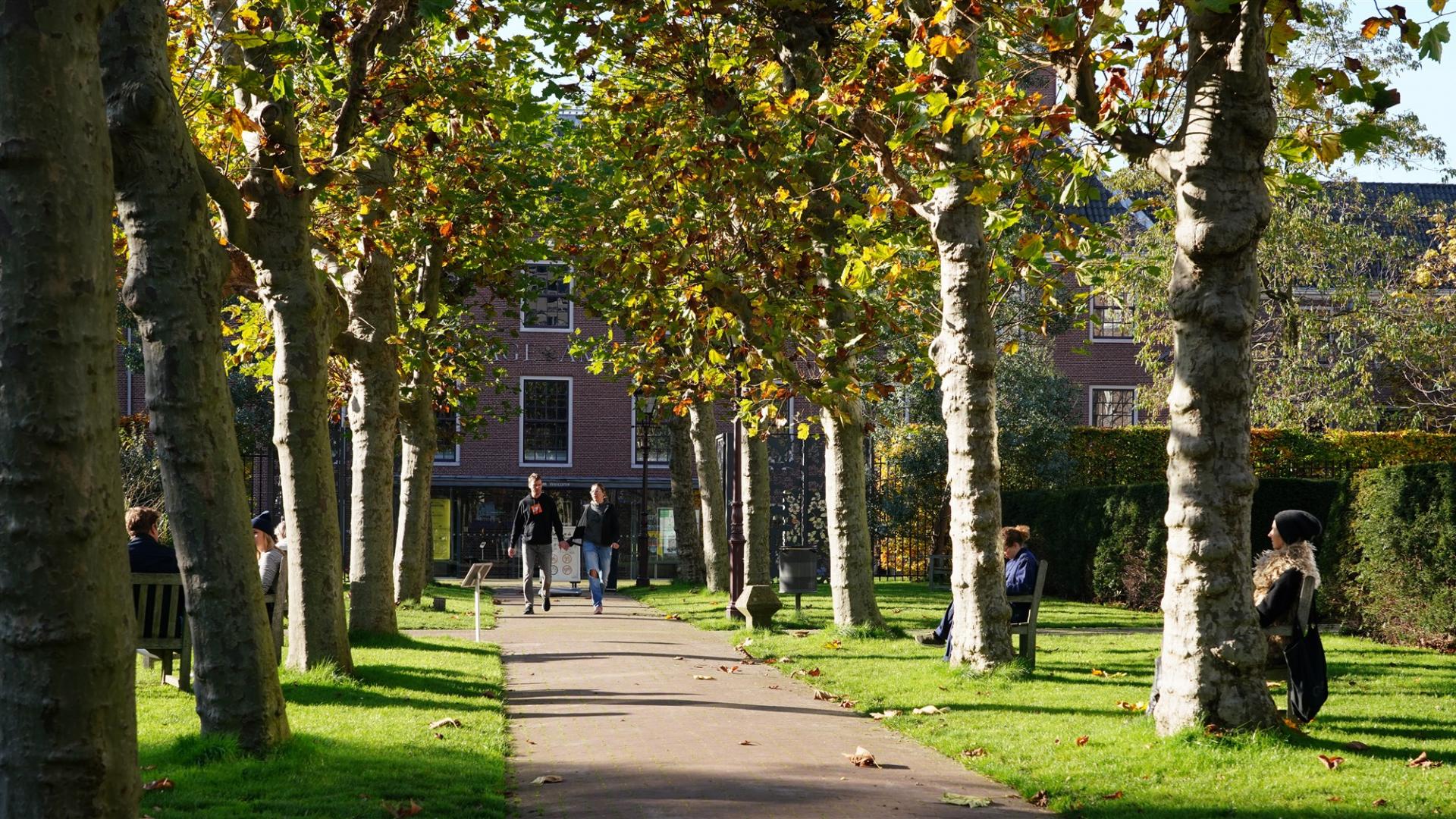01 July 2020 ・ reading time 4 minutes
Shareholder capitalism is facilitated with low taxes for multinationals or tax avoidance schemes. The same shareholders demand a flexible labour market. Collective risks are passed on without mercy to people with temporary or flexible contracts and in sham self-employment constructions. As a result, precisely these people with the most precarious position in the labour market have no social safety net.
Wages and benefits are low, while the profits from capital are increasing. These lagging wages take their toll on the public sector: the shortage of employees in care, education, and the police is impoverishing public services.
The globalised market puts tremendous pressure on the climate, and the empty city centre of Amsterdam testifies to how much our local economy depends on tourists and visitors.
Our social and sustainable plans are therefore needed more than ever in the coming years. We are working on change on the following points:
WE MUST MAKE THE ECONOMY MORE SUSTAINABLE AND LOCALLY ANCHORED
Money should not flow into the pockets of anonymous shareholders. Residents of Amsterdam should themselves benefit from the profits; through higher wages or co-ownership in cooperatives. We want an economy based on small and medium-sized enterprises that add value to the city. An economy that operates within the limits of our planet (doughnut economy) and respects human rights. A lively cultural sector is essential for freedom and life in the city. And an equally important part of Amsterdam's economy. Amsterdam cannot do without its makers and cultural institutions, which connect and renew the city.
THE CLIMATE CRISIS IS JUST AS URGENT AS IT WAS BEFORE THE CORONA CRISIS. THERE WILL BE A GREEN NEW DEAL
We need to invest more to reduce our energy consumption and CO2 emissions drastically. By investing in sustainable energy, circular economy, housing construction and urban infrastructure, we create many jobs. Retraining offers people opportunities on the labour market in the public works of the sustainable city, care or education. This work should be better rewarded, and employees should no longer bear the collective risks.
WE MUST BUILD AN AFFORDABLE, COMPLETE CITY
The need to reform the housing market also remains large. The unaffordability of owner-occupied homes and rental properties is a pressing problem. There are too few houses for the (economically) homeless, young people and victims of domestic violence. The city is increasingly becoming for the rich. Building more attracts even more capital and pushes prices up further. The government should give more possibilities to steer. We have to build a city with sufficient facilities and plenty of public space and greenery. We will share that space and make room for pedestrians and cyclists.
WE HAVE TO FIGHT INSTITUTIONAL RACISM TO TACKLE INEQUALITY IN THE CITY
We must work on solidarity. We must ensure that groups do not grow apart and that incomprehension, fear and disinterest do not increase. These developments will feed populism. Fortunately, the Black Lives Matter movement has shown that Amsterdam citizens are more than fed up with racism and discrimination. People are speaking out more and more loudly.
COUNTERING SOCIAL INEQUALITY IS PERHAPS THE CITY'S GREATEST CHALLENGE
The corona crisis exposes not only poverty but also loneliness. We must continue to work hard to reduce this and to advocate preventive care and welfare. More than before, we should do this through the social networks in the neighbourhoods created during the corona crisis; they know the people who are often not reached by 'the system', they know the needs, and they may be the best ones to remove inequality.
We, the Green Left, have shown before that we can break old patterns, that we can change course. We have shown that change is possible. And we continue our struggle with new urgency. A new society is within reach.
Femke Roosma
GroenLinks Amsterdam Municipal Chairwoman
